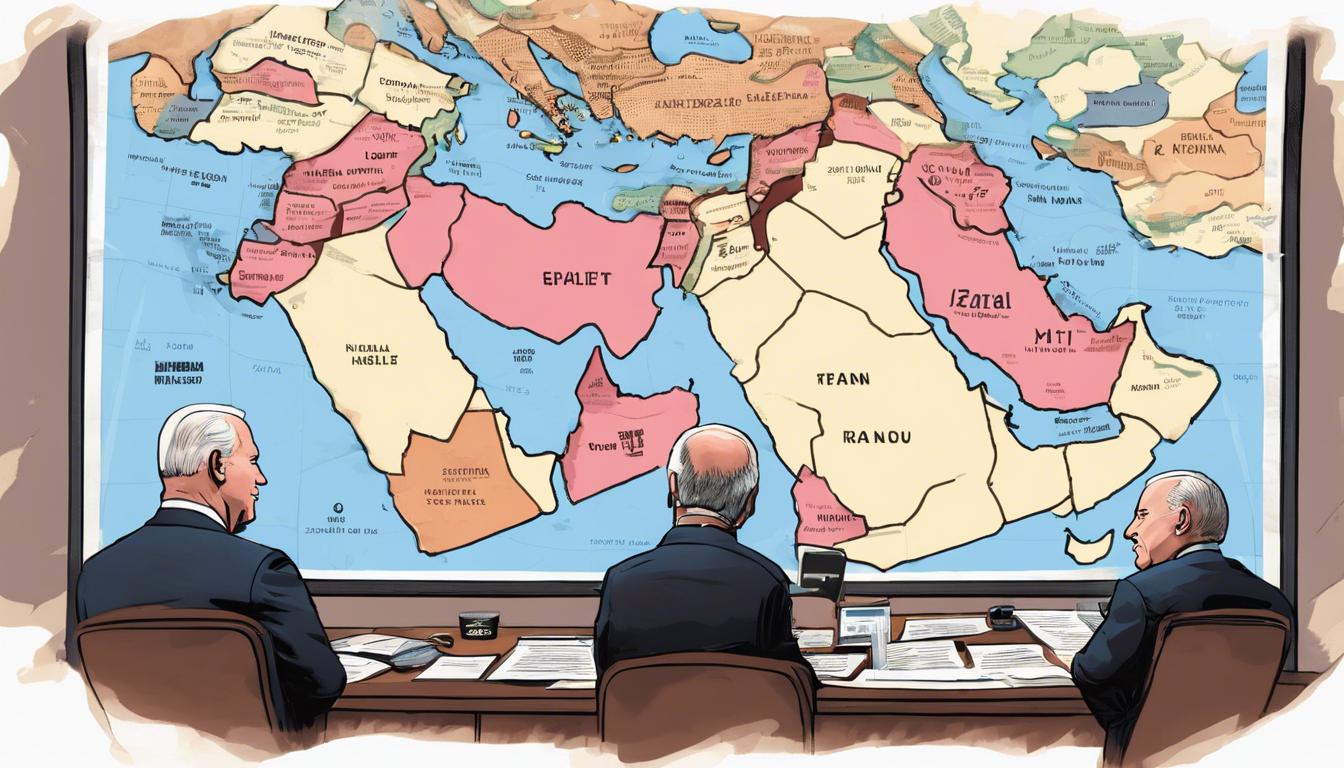Amid rising tensions in the Middle East, U.S. President Joe Biden has returned early from a weekend trip to engage directly with the growing crisis between Iran and Israel, following a drone attack and escalating military responses.
President Joe Biden has returned early from his weekend trip to address the escalating situation between Iran and Israel. This decision follows Iran’s launch of 50 attack drones towards Israel, an act declared as retaliation for an alleged Israeli airstrike in Syria that killed two Iranian generals. In response to the impending threat, the Israeli Defense Forces (IDF) have directed residents to seek shelter, with Israeli Prime Minister Benjamin Netanyahu reaffirming the nation’s readiness and defensive capabilities.
The conflict’s intensification began after a senior Iranian Revolutionary Guard commander was killed in a recent attack on Iran’s embassy compound. As hostilities increased, Iran heightened its rhetoric of retaliation, which materialized with the drone attack on Israel. The United States has reiterated its steadfast support for Israel, with President Biden and Defense Secretary Lloyd Austin stressing continued assistance against threats from Iran and its proxies.
Amidst these developments, Iran also seized a commercial ship in the Strait of Hormuz, alleging connections to Israel, which has contributed to the growing tensions. Various nations, including Jordan, have taken precautionary measures such as closing airspace due to the potential for broader regional conflict.
As both Iran and Israel prepare for potential further confrontations, the international community watches closely, given the potential implications for global stability and security. The situation remains fluid with ongoing military and diplomatic developments.













